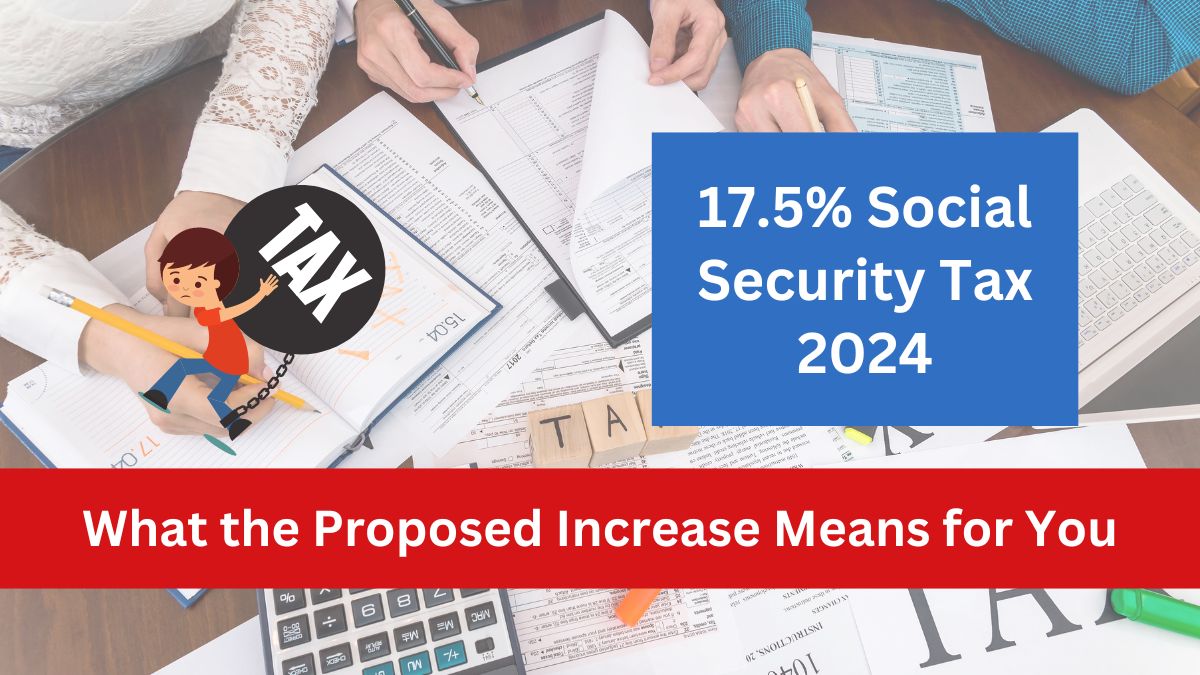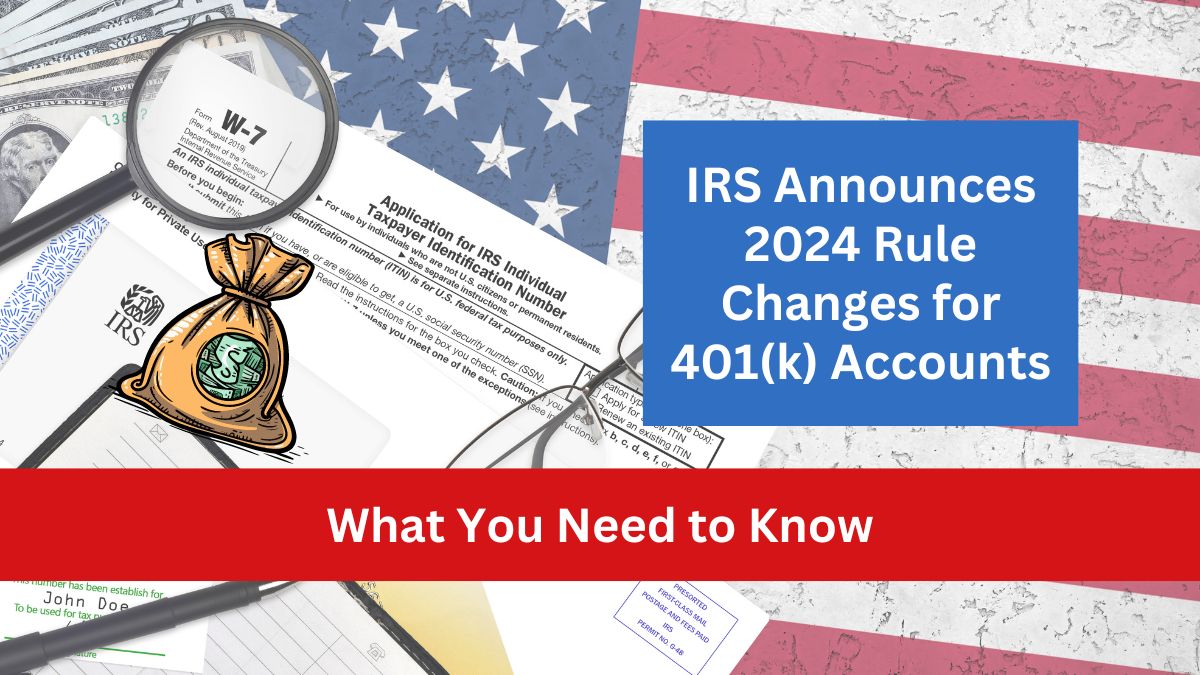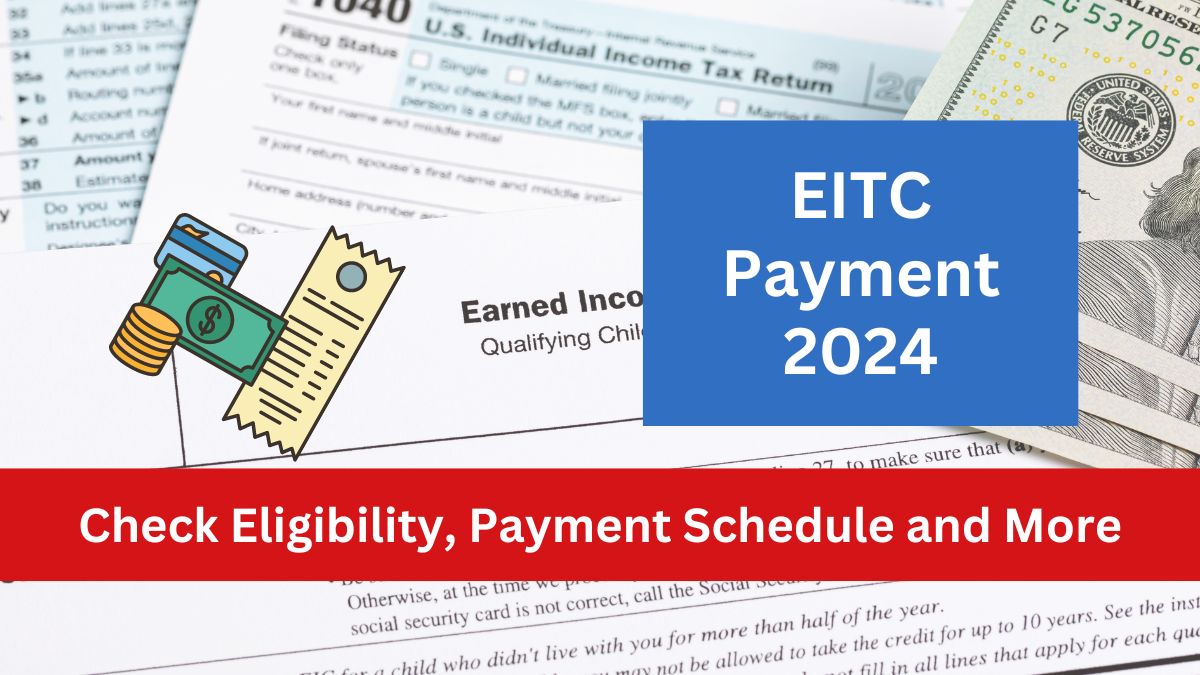The Social Security program, vital for millions of Americans, is facing significant financial challenges. To address these concerns, a proposal has been floated to increase the Social Security payroll tax from the current 12.4% to 17.5%.
This change would represent a 5.1% increase, split equally between employers and employees.
In this article, we’ll delve into the details of this proposed increase, its implications, and the broader context.
Understanding the Current Social Security Tax Structure

Currently, the Social Security payroll tax is set at 12.4%, divided evenly between employers and employees. Each party contributes 6.2% on earnings up to a wage base limit, which for 2024 is set at $168,600.
This means that any income earned above this threshold is not subject to Social Security tax.
The Proposed Increase: From 12.4% to 17.5%
The proposed increase to 17.5% is a significant shift aimed at shoring up the financial health of the Social Security program. This would raise the combined contribution by 5.1%, meaning both employees and employers would now each pay 8.75% of their earnings into Social Security.
Comparison of Current and Proposed Social Security Tax Rates
| Aspect | Current Rate (2024) | Proposed Rate |
|---|---|---|
| Employee Contribution | 6.2% | 8.75% |
| Employer Contribution | 6.2% | 8.75% |
| Total Social Security Payroll Tax | 12.4% | 17.5% |
| Wage Base Limit | $168,600 | $168,600 (unchanged) |
Why the Increase?
Social Security is currently funded by payroll taxes collected from workers and their employers. However, with an aging population and longer life expectancies, the ratio of workers to beneficiaries has declined.
This has strained the system, leading to concerns about its long-term viability. Without adjustments, the Social Security trust fund may face depletion within the next decade.
Potential Impacts on Workers and Employers
- Increased Financial Burden: For workers, the proposed increase means a larger portion of their paycheck will be allocated to Social Security. For employers, this represents an additional cost of labor, which could potentially impact hiring decisions or wage increases.
- Long-Term Benefits: On the positive side, this increase could help secure Social Security benefits for future retirees, reducing the risk of benefit cuts or the need for further tax increases.
Economic and Political Considerations

Implementing such a significant tax increase is not without controversy. Critics argue that it could slow economic growth by reducing disposable income for workers and increasing costs for businesses.
Supporters, however, emphasize the need to address the looming shortfall in Social Security funding and protect future retirees.
Conclusion
The proposal to increase the Social Security payroll tax to 17.5% is a bold measure aimed at addressing the program’s financial challenges.
While it would mean higher taxes for both workers and employers, it could also help ensure the sustainability of Social Security for future generations.
As discussions continue, it will be crucial to weigh the immediate economic impacts against the long-term benefits of a more secure retirement system.
FAQs
1. What is the current Social Security payroll tax rate?
The current Social Security payroll tax rate is 12.4%, with 6.2% paid by the employee and 6.2% by the employer.
2. What is the proposed new Social Security payroll tax rate?
The proposed new rate is 17.5%, with both employees and employers each contributing 8.75%.
3. Why is there a proposal to increase the Social Security payroll tax?
The increase is proposed to address the financial challenges facing Social Security due to an aging population and longer life expectancies.
4. How will the proposed tax increase impact employees?
Employees would see a larger portion of their income go towards Social Security, reducing their take-home pay.
5. What is the wage base limit for Social Security taxes in 2024?
The wage base limit for Social Security taxes in 2024 is $168,600, meaning earnings above this amount are not subject to Social Security taxes.












